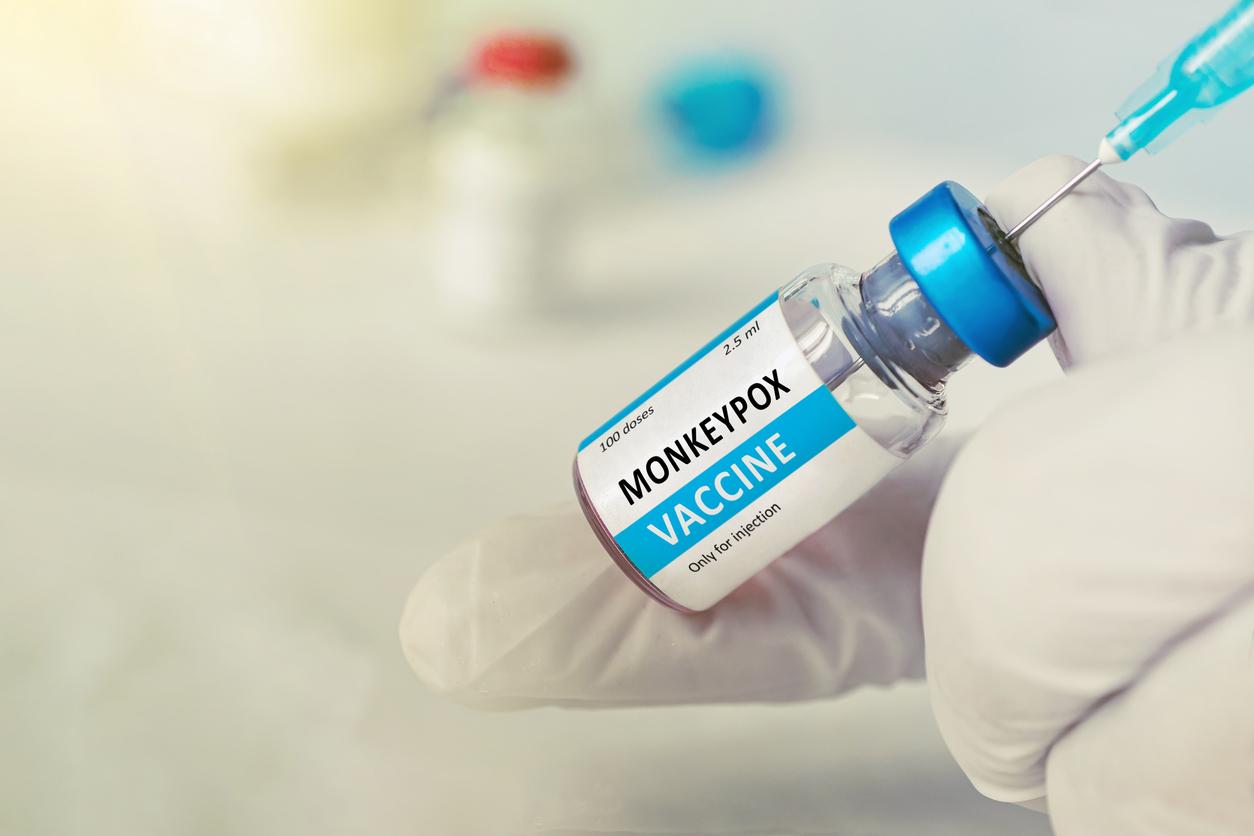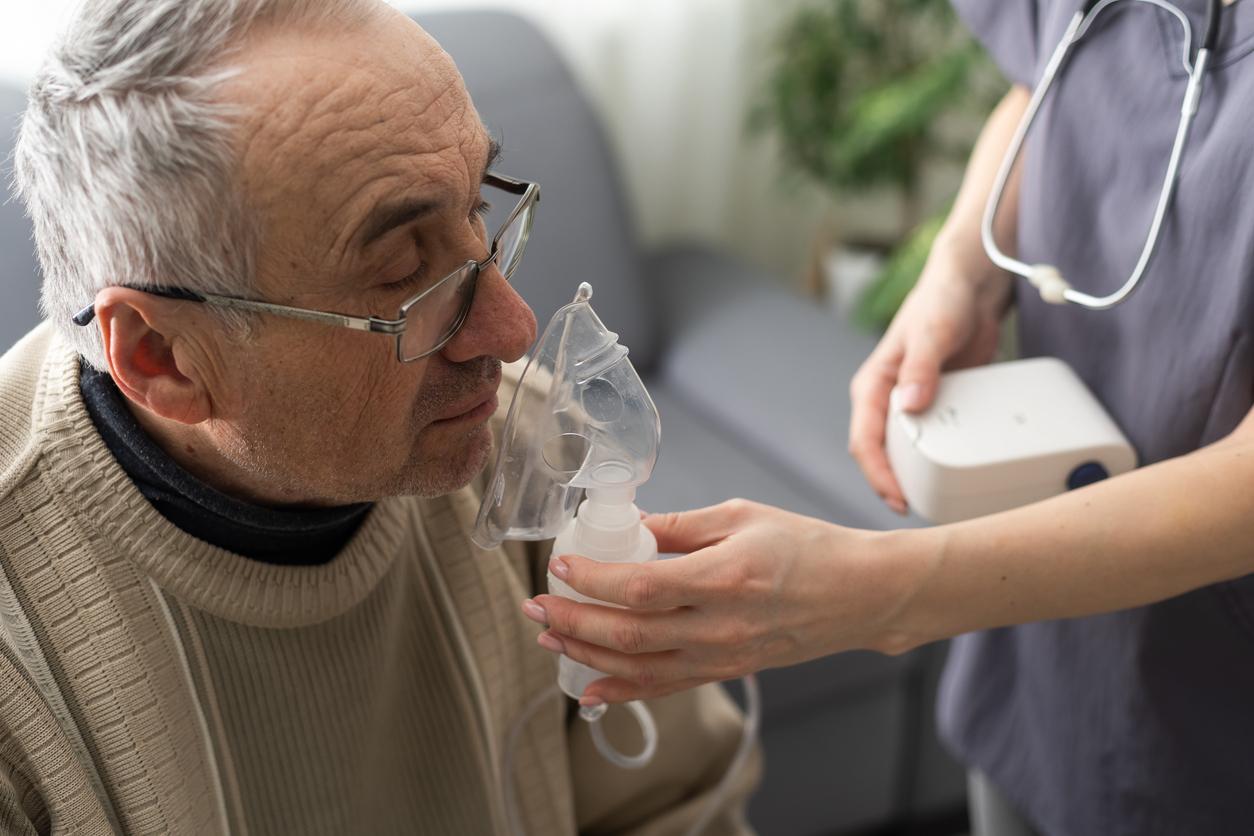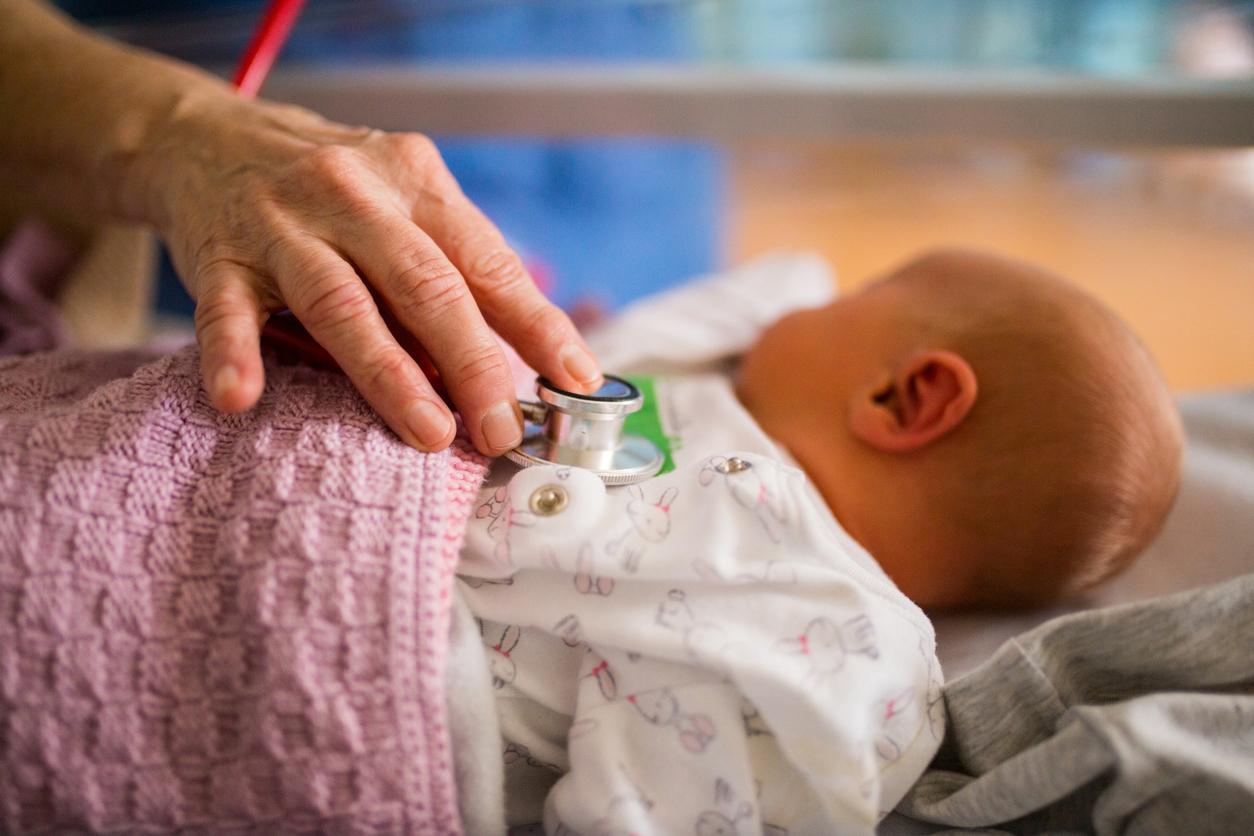Fatigue, headaches, blurred vision… Here are the symptoms of heatstroke and how to deal with it.

- Heatstroke can have serious health consequences.
- It can manifest itself through many symptoms.
- People taking daily medication should be especially careful about heat stroke.
As temperatures have (finally) started to rise across France, here are the warning symptoms of heat stroke: dizziness, lightheadedness, weakness, clumsiness, poor coordination, confusion, disorientation, fatigue, headaches, blurred vision, muscle pain, nausea, vomiting, hot, red and dry skin, lack of sweating, rapid pulse, abnormal blood pressure.
Heatstroke: When should you call emergency services?
Certain signs of heatstroke should prompt emergency medical attention: fainting, convulsions, body temperature above 40°C and signs of severe dehydration such as a dry tongue or dark circles under the eyes.
Although the majority of heatstroke victims recover without complications, this disease causes deaths every year and must be taken very seriously. If one or more of the symptoms mentioned at the beginning of the article are present, a doctor must be consulted.
Heatstroke: what to do while waiting for help or a medical consultation?
At the first signs of heatstroke, the patient should be placed in a well-ventilated place, protected from the sun, and as cool as possible.
He should be dressed very lightly and hydrated, if possible with solutions found in pharmacies. Failing that, a decarbonated soda or sweetened water with a little salt can do the trick.
Wet towels can also be applied to the skin to lower body temperature.
How to protect yourself from heat stroke?
It is possible to protect yourself from heat stroke by following these rules:
– drink water regularly without waiting until you are thirsty;
– cool down and wet your body (at least the face and forearms) several times a day;
– eat enough and do not drink alcohol;
– avoid going out during the hottest hours and spend several hours a day in a cool place (cinema, municipal library, supermarket, etc.);
– avoid physical exertion;
– keep your home cool (close windows and shutters during the day, open them in the evening and at night if the temperatures drop);
– remember to regularly give news of yourself to your loved ones and, as soon as necessary, dare to ask for help.
Heat stroke: some medications increase the risk
People who take medication on a daily basis must be particularly vigilant about heat stroke. Some medications such as neuroleptics or vasoconstrictors can in fact disrupt the body’s response to extreme temperatures by preventing caloric loss (antiparkinsonian drugs, antidepressants, etc.), or by causing hydration disorders (diuretics) or even hyperthermia (neuroleptics, serotonergic agonists).

















